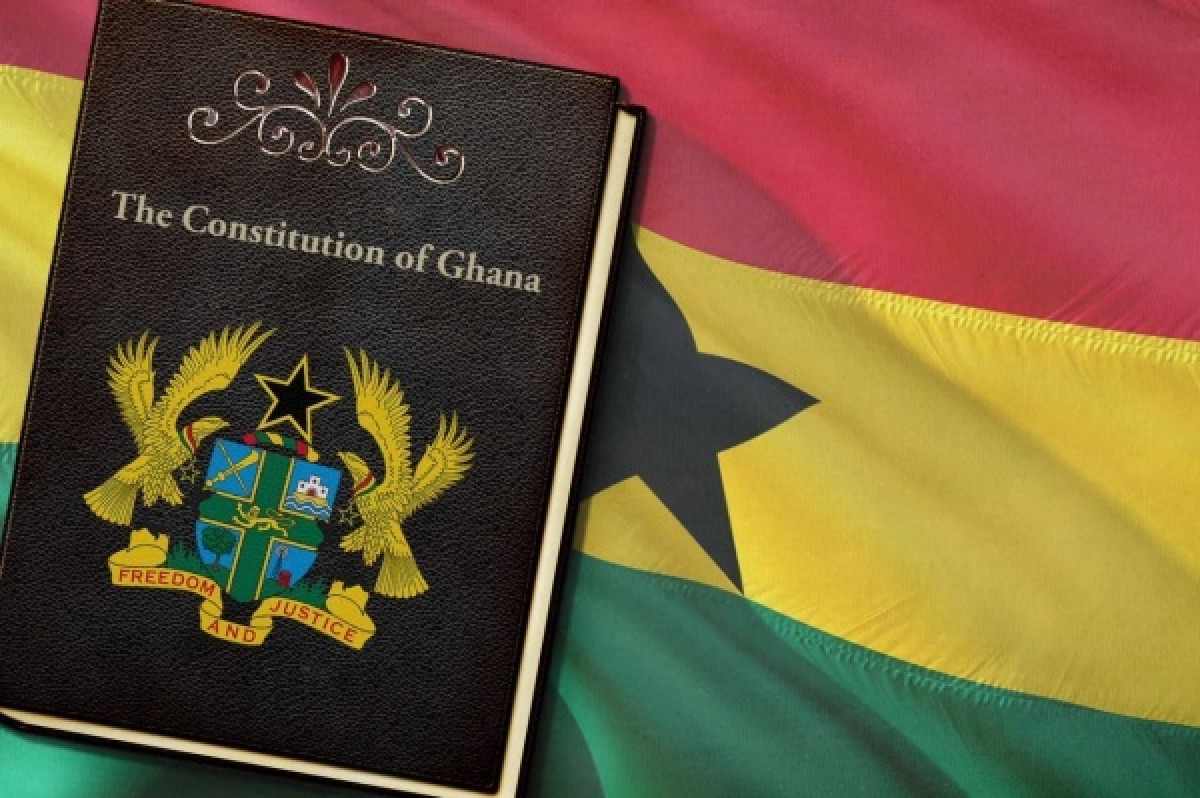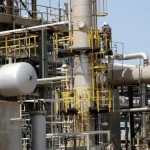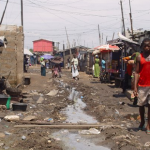On March 6, 1957, Ghana gained its independence from its British colonial masters, and on Wednesday, March 6, 2024, the country marked its 67th anniversary of independence.
However, it is worth noting that, for the entire 67 years, stricto sensu, Ghana has not been a republic–a state in which supreme power is held by the people and their elected representatives, and which has an elected or nominated president rather than a monarch.
Strictly, Ghana has been a republic for about 42 years. From 1957 to 1960, the country, although independent, was still under the rule of the British, with the late Queen Elizabeth II as the Head of State, and Dr. Kwame Nkrumah being the Prime Minister.
The country, after becoming a republic in 1960, saw about 22 years of military dictatorship during democracy and the rule of law were thrown to the dogs, until Jerry John Rawlings, a former military dictator, ushered Ghana into constitutional rule and the 4th Republic.
From the inception of the 4th Republic, the country has witnessed 16 democratic elections and 5 presidents, and since then, Ghana has been globally known and referred to by many as ‘the beacon of democracy and political stability in Africa’.
However, the enviable title of Ghana being ‘the beacon of democracy and political stability in Africa’ is under threat by pre-, during and post-electoral events in Ghana’s last two general elections that have the potential of disrupting the rule of law and democracy.
This article explores two events in the 2020 and 2024 general elections that may throw the country into anarchy.
Electoral Commission under besiege
The Electoral Commission was established by the Electoral Commission Act (Act 451) of 1993 to manage the conduct of all public elections and Referenda, and to handle all matters directly related to the conduct of elections in the country independently.
Also, the 1992 constitution provides in Article 46 that, in the performance of its functions, the Electoral Commission shall not be subject to the control or direction of any authority, except as provided in the constitution or any other law consistent with the constitution.
Contrary to the provisions of Article 46 of the 1992 constitution is what is being observed in the aftermath of the December 7, 2024 general elections.
Briefly after the presidential candidate of the New Patriotic Party (NPP), Dr. Mahamudu Bawumia conceded defeat and congratulated President-elect, John Dramani Mahama on Sunday, December 8, 2024 supporters of the two main political parties in Ghana, the NPP and the National Democratic Congress (NDC) stormed various offices of the electoral commission nationwide demanding of the returning officers to declare results for parliamentary positions and in extreme cases to declare their preferred winners.
A classic example was a live telecast of the returning officer for Okaikwei Central constituency who under duress and in the midst of supporters of the NDC was compelled to declare Baba Sadiq, the NDC’s candidate for Okaikwei Central as Member of Parliament-elect for the constituency, despite contention from the NPP that pink sheets from some electoral areas that could influence the current outcome of votes counted were missing.
Also in a live coverage on Channel One TV on Monday, December 9, 2024, Dr Asare Bossman, a Deputy Electoral Commissioner, confirmed that the commission has received calls that its regional officers are being harassed and forced to declare results.
A recent publication by peacefmonline indicates that electoral commission offices in these places; Damongo, Awutu Senya East, Nsawam, Akwatia, Suhum, Techiman South, Ablekuma North, Ahafo Ano North and Dome Kwabenya have been ransacked, in some cases torched by persons adorned in NDC paraphernalia and believed to be members of the NDC.
For a brief moment, and in the case of Okaikwei Central, imagine a situation where the followers of Patrick Boamah, the NPP’s parliamentary candidate also decided that with force, they will oppose the compelled declaration of the returning officer, the disaster it will be! Should this practice continue, one day, we may wake up to a Ghana where a group of people will take arms and decide who rules.
Threats to state security officers and invasion of state institutions
In 2017, when the NPP assumed power from the NDC, some vigilante groups affiliated with the NPP and supporters of the NPP took to the streets and engaged in all sorts of atrocities.
Popular among the lawless endeavours of NPP party supporters then was the assault of police officers at the Flagstaff House by Invincible Forces members on January 9, 2017.
A day later, NPP youth in the Bodi District of the Western Region besieged and locked up the office of the National Health Insurance Scheme (NHIS) in the area.
It did not end there. Toll collectors were sacked from their posts by NPP loyalists. Municipal assemblies we locked, among many others.
These acts of lawlessness were condemned by all with the hope that such shameful acts will never resurface in the history of Ghana, only for the same to be repeated by supporters of the NDC after the party secured victory in the just-ended December 7th, 2024 elections.
The office of the Minister of Communication and Digitalisation, Ursula Owusu-Ekuful, was ransacked by alleged members of the NDC. The premises of Ghana Gas was invaded by supporters of the NDC who wanted control over the facility.
The Ghana Port and Harbours Authority Towers at Tema were also attacked by supporters of the NDC for the same reason: to take control.
There have also been instances when alleged supporters of the NDC tried to disarm military men and other officers from other state security services. The Ghana Armed Forces has released a statement warning civilians against such acts and has announced that its men may be compelled to apply force in similar situations if necessary.
Fortunately, in all the incidences cited, the Ghana Police Service was able to restore calm and keep peace, again imagine the chaos and anarchy that would ensue if the military had decided to apply force against civilians who attacked them or supporters of the NPP took up arms to defend their colleagues whose offices were raided.
Most often, when concerns are raised about such undemocratic practices, the argument mounted by perpetrators is that ‘they did worse to us’.
While this defence may sound reasonable on the surface, the growing practice of politics of equalization may soon erode this peace and democracy Ghana enjoys and is celebrated for.
For the survival of our democracy and political stability, all political parties must endeavour to control and ensure a peaceful transition of power after all general elections.















